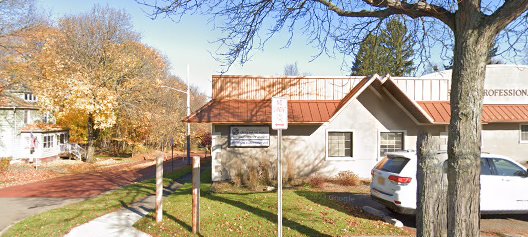Pro Bono Offices In Jamestown, New York
Frequently Asked Questions
1. Can I Choose My Pro Bono Attorney?
While you may not have the same level of choice as with a paid attorney, you can express your preferences and concerns when you apply for pro bono services. The Pro Bono Office will do their best to match you with an attorney who suits your needs. Factors that may influence the assignment include the attorney’s area of expertise, availability, and your specific legal issue. If you have a preference for a particular type of attorney or have had prior experiences, it’s essential to communicate this during the application process.
2. What If I Have A Complex Legal Issue?
Pro Bono Offices are capable of addressing a wide range of cases, including complex ones. If your situation involves multiple legal aspects or requires specialized expertise, it is crucial to explain this during your initial consultation. Complex cases may require:
- More time and resources.
- Attorneys with specialized legal knowledge.
- Possible referrals to external organizations if the issue falls outside the office’s scope.
By providing clear details upfront, you help the office allocate the right resources and ensure you receive the best possible support.
3. How do Pro Bono Offices ensure quality legal representation?
Pro Bono Offices take several measures to maintain high-quality legal services:
- Vetting process: Volunteer attorneys are screened to confirm they are licensed, qualified, and experienced.
- Training and mentorship: Many offices provide ongoing training sessions, workshops, or mentorship programs to strengthen legal expertise.
- Access to resources: Attorneys are given access to legal research tools and professional networks to support their cases.
Through these steps, Pro Bono Offices strive to ensure that clients receive effective, professional, and reliable representation.
4. Can I Receive Legal Advice Without Applying For Full Representation?
Yes, many Pro Bono Offices offer limited scope services, which means you can receive legal advice or assistance on specific issues without committing to full representation. This can be a great option if you need guidance on a particular aspect of your case. Limited scope services may include consultations, document review, or assistance with specific legal filings. It’s important to clarify the extent of the services offered during your initial consultation to ensure that your needs are met.
5. What Happens If My Pro Bono Attorney Cannot Take My Case?
If your pro bono attorney cannot take your case, they will typically refer you to another attorney or Pro Bono Office that may be able to assist you. The goal is to ensure you receive the help you need. Communication is key during this process, and your attorney should keep you informed about any changes or referrals. If you are referred to another office, be prepared to provide them with any relevant information about your case to facilitate a smooth transition.
6. How Can I Contribute To Pro Bono Offices If I Don’T Need Legal Help?
If you don’t need to use the services of a Pro Bono Office but still want to help, consider volunteering your time, donating, or spreading awareness about their work. Many Pro Bono Offices rely on community support to continue providing essential services. Volunteering can involve various activities, such as assisting with administrative tasks, fundraising, or providing legal support if you have the necessary qualifications. Donations can also help cover operational costs and support the office’s mission to provide free legal services to those in need.








